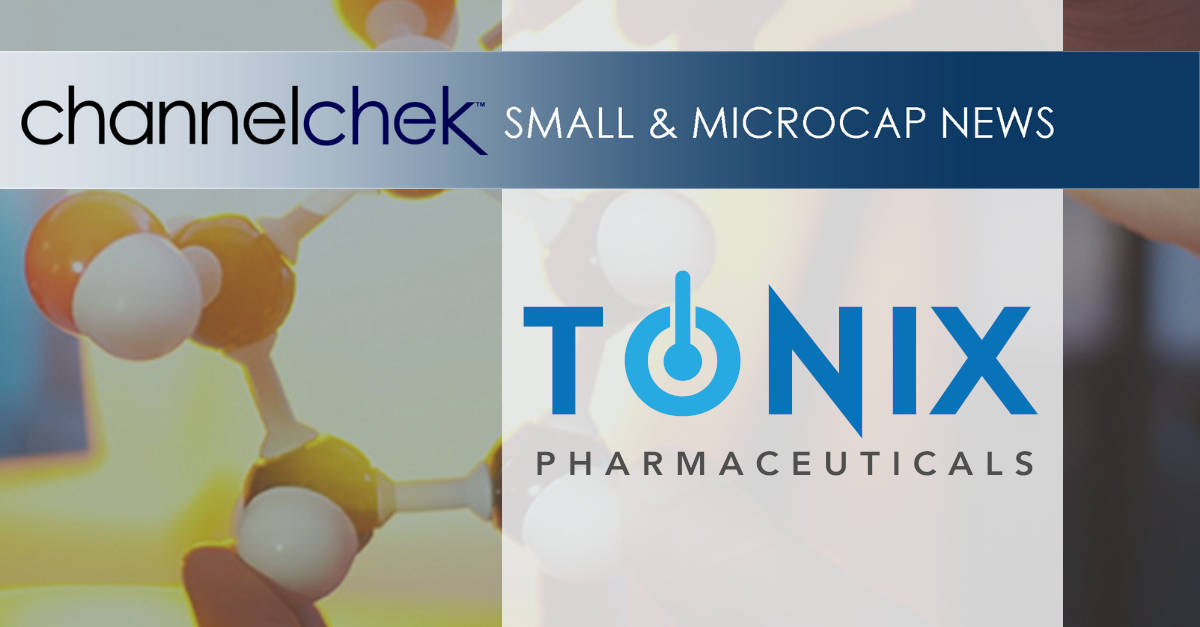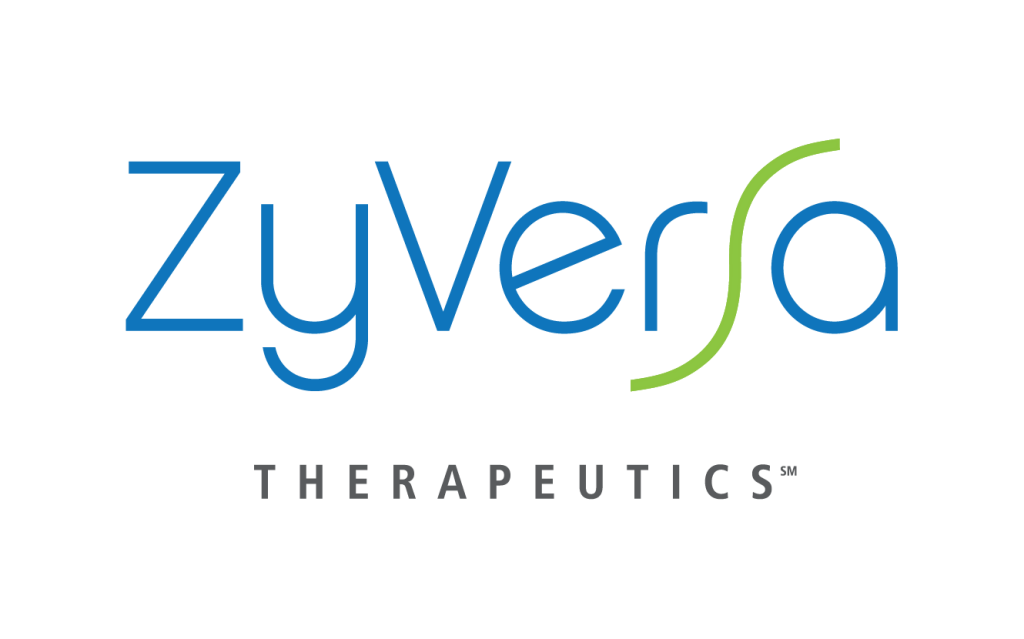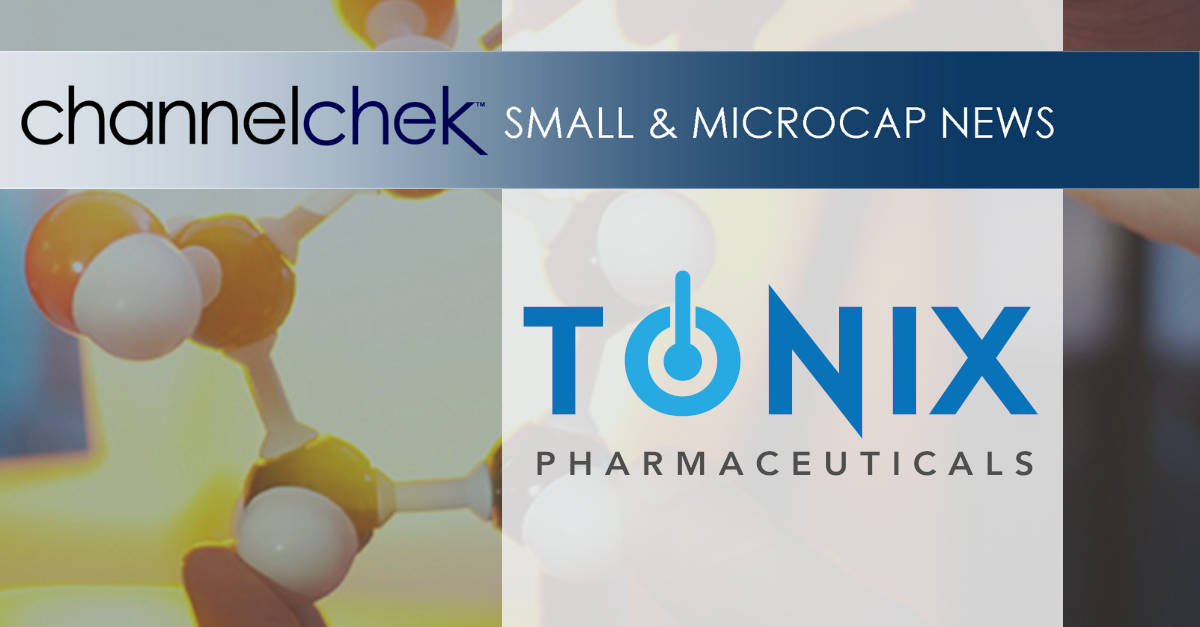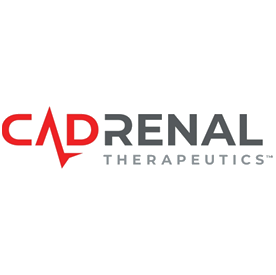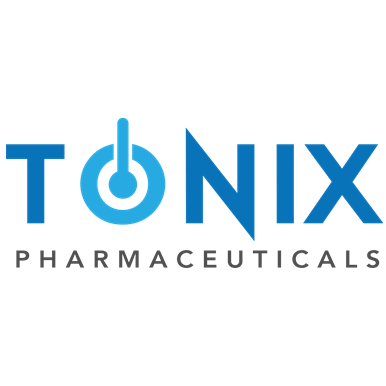
Research News and Market Data on TNXP
February 27, 2024 8:00am ESTDownload as PDF
Tonix plans to File a Clinical Trial Notification (CTN) in Japan and Investigational New Drug (IND) application in China to support a registration-enabling Asian Phase 3 study without dosage adjustment based on U.S. registrational Phase 3 data
Tonmya’s market exclusivity is supported by issued patents in Japan, China, Hong Kong and Taiwan; cyclobenzaprine is a new chemical entity in Japan and China
New Drug Application (NDA) submission to the U.S. FDA for the approval of Tonmya for the management of fibromyalgia planned for second half of 2024
CHATHAM, N.J., Feb. 27, 2024 (GLOBE NEWSWIRE) — Tonix Pharmaceuticals Holding Corp. (Nasdaq: TNXP) (Tonix or the Company), a biopharmaceutical company with marketed products and a pipeline of development candidates, announced positive results from its clinical pharmacokinetic (PK) bridging study of Tonmya™ (also known as TNX-102 SL, cyclobenzaprine HCl sublingual tablets) in healthy adult male and female ethnic Japanese and Chinese volunteers. Results indicate that key pharmacokinetic parameters of cyclobenzaprine are comparable in ethnic Japanese and Chinese volunteers to Caucasian volunteers from a prior PK study. Tonmya was generally well tolerated in the ethnic Japanese and Chinese healthy volunteers. The company expects these data to fulfill the requirement for a bridging study, and to support regulatory filings for clinical studies in Japan and China where cyclobenzaprine is a new chemical entity (NCE). Tonix holds issued patents for market exclusivity rights of Tonmya in Japan, China, Hong Kong and Taiwan.
This study characterized the PK profile and dose proportionality of Tonmya following administration in 20 healthy volunteers of documented Japanese or Chinese ancestry, and compared these findings to an existing PK dataset conducted under similar conditions in Caucasian volunteers.
“This bridging study is an important first step as we begin evaluating the potential for approval and marketing Tonmya in Japan and China. The results show a similar pharmacokinetic profile in ethnic Japanese and Chinese volunteers with a Caucasian comparator group,” said Seth Lederman, M.D., Chief Executive Officer of Tonix Pharmaceuticals. “As a result, we believe that these data, with supporting results recently reported from the positive Phase 3 RESILIENT study, are the only clinical data needed to support regulatory filings in Japan and China.”
Dr. Lederman continued, “With patents issued in Japan, China, Hong Kong and Taiwan expected to provide market exclusivity into 2034, we believe that Tonmya would be a welcome addition to the therapeutic options for fibromyalgia patients in East Asia and an attractive asset for the right development and commercialization partners in these markets. Cyclobenzaprine is an NCE in both of these countries. We plan to meet with Japan’s Pharmaceuticals and Medical Devices Agency (PMDA) and China’s National Medical Products Administration (NMPA) to seek agreement on the development of Tonmya in Japan and China, respectively.”
About the Asia Bridging Study
The study was a randomized, single-dose, open-label, 2-way, crossover study design in ethnic Japanese (N=10) and Chinese (N=10) healthy male and female volunteers. The primary objective of the study was to characterize the PK profile and dose proportionality of Tonmya following administration of 2.8 mg and 5.6 mg (one and two 2.8 mg tablets) under fasting conditions in Japanese and Chinese volunteers, and to retrospectively compare these PK data with existing PK data of both cyclobenzaprine and norcyclobenzaprine from a prior Phase 1 study in Caucasian volunteers dosed under the same conditions. Safety and tolerability were also assessed. A 2.8 mg or 5.6 mg dose (2 X 2.8 mg tablet) of Tonmya was administered sublingually in the morning under fasted conditions. Blood samples were collected pre-dose and up to 15 days post-dose for analyte measurements, with a 28-day washout between periods. The primary PK endpoints were the total amount of cyclobenzaprine and metabolite norcyclobenzaprine in the blood (expressed as the area under the curve (AUC0-T)) and maximum concentration (expressed as Cmax).
Study Results
Pharmacokinetics
Ethnic Japanese and Chinese volunteers were considered comparable on PK parameters for cyclobenzaprine following a 2.8 mg and 5.6 mg dose of Tonmya, and dose proportionality was demonstrated in both samples. Given that the similarity in PK profile between Japanese and Chinese volunteers was confirmed, the PK data from the two ethnic groups were pooled for the comparison between Asian (n=20) and Caucasian (n=16) volunteers. The PK parameters of cyclobenzaprine for Japanese, Chinese, and Caucasian groups were similar, with geometric mean ratios falling within the 90% confidence interval.
Safety
- Tonmya was shown to be safe and well-tolerated at doses up to 5.6 mg as single sublingual administrations in healthy adult Japanese and Chinese volunteers.
- The incidence of adverse events (AEs) and investigational product-related AEs was low. No volunteer discontinued due to an AE.
- No clinically significant abnormal findings in laboratory parameters, ECGs, or other safety assessments were noted during the study. No severe AEs and no deaths were reported during the study.
Issued Patents in Japan, China, Hong Kong and Taiwan
| EUTECTIC FORMULATIONS | Country | Patent Number | Expected Expiry |
| China | ZL 201480024011.1 | 03/14/2034 | |
| China | ZL201910263541.6 | 03/14/2034 | |
| Hong Kong | HK1218727 | 03/14/2034 | |
| Japan | 6310542 | 03/14/2034 | |
| Taiwan R.O.C. | I661825 | 03/14/2034 | |
| TRANSMUCOSAL ABSORPTION | Japan | 6259452 | 06/14/2033 |
| Taiwan R.O.C. | I590820 | 06/14/2033 | |
| Taiwan R.O.C. | I683660 | 06/14/2033 | |
| Taiwan R.O.C. | I642429 | 06/14/2033 | |
| Hong Kong | 1209361 | 06/14/2033 |
About Tonmya* (also known as TNX-102 SL)
Tonmya is a centrally acting, non-opioid, non-addictive, bedtime medication. The tablet is a patented sublingual formulation of cyclobenzaprine hydrochloride developed for the management of fibromyalgia. In December 2023, the Company announced highly statistically significant and clinically meaningful topline results in RESILIENT, a second positive Phase 3 clinical trial of Tonmya for the management of fibromyalgia. In the study, Tonmya met its pre-specified primary endpoint, significantly reducing daily pain compared to placebo (p=0.00005) in participants with fibromyalgia. Statistically significant and clinically meaningful results were also seen in all key secondary endpoints related to improving sleep quality, reducing fatigue and improving overall fibromyalgia symptoms and function. RELIEF, the first positive Phase 3 trial of Tonmya in fibromyalgia, was completed in December 2020. It met its pre-specified primary endpoint of daily pain reduction compared to placebo (p=0.010) and showed activity in key secondary endpoints.
Tonix plans to submit a New Drug Application (NDA) to the U.S. Food and Drug Administration (FDA) in the second half of 2024 for Tonmya for the management of fibromyalgia.
*Tonmya™ is conditionally accepted by the U.S. Food and Drug Administration (FDA) as the tradename for TNX-102 SL for the management of fibromyalgia. Tonmya has not been approved for any indication.
Tonix Pharmaceuticals Holding Corp.*
Tonix is a biopharmaceutical company focused on developing, licensing and commercializing therapeutics to treat and prevent human disease and alleviate suffering. Tonix’s development portfolio is focused on central nervous system (CNS) disorders. Tonix’s priority is to submit a New Drug Application (NDA) to the FDA in the second half of 2024 for Tonmya, a product candidate for which two positive Phase 3 studies have been completed for the management of fibromyalgia. TNX-102 SL is also being developed to treat acute stress reaction as well as fibromyalgia-type Long COVID. Tonix’s CNS portfolio includes TNX-1300 (cocaine esterase) a biologic designed to treat cocaine intoxication with Breakthrough Therapy designation. Tonix’s immunology development portfolio consists of biologics to address organ transplant rejection, autoimmunity and cancer, including TNX-1500, which is a humanized monoclonal antibody targeting CD40-ligand (CD40L or CD154) being developed for the prevention of allograft rejection and for the treatment of autoimmune diseases. Tonix also has product candidates in development in the areas of rare disease and infectious disease. Tonix Medicines, our commercial subsidiary, markets Zembrace® SymTouch® (sumatriptan injection) 3 mg and Tosymra® (sumatriptan nasal spray) 10 mg for the treatment of acute migraine with or without aura in adults.
*Tonix’s product development candidates are investigational new drugs or biologics and have not been approved for any indication.
Zembrace SymTouch and Tosymra are registered trademarks of Tonix Medicines. All other marks are property of their respective owners.
This press release and further information about Tonix can be found at www.tonixpharma.com.
Forward Looking Statements
Certain statements in this press release are forward-looking within the meaning of the Private Securities Litigation Reform Act of 1995. These statements may be identified by the use of forward-looking words such as “anticipate,” “believe,” “forecast,” “estimate,” “expect,” and “intend,” among others. These forward-looking statements are based on Tonix’s current expectations and actual results could differ materially. There are a number of factors that could cause actual events to differ materially from those indicated by such forward-looking statements. These factors include, but are not limited to, risks related to the failure to obtain FDA clearances or approvals and noncompliance with FDA regulations; risks related to the failure to successfully market any of our products; risks related to the timing and progress of clinical development of our product candidates; our need for additional financing; uncertainties of patent protection and litigation; uncertainties of government or third party payor reimbursement; limited research and development efforts and dependence upon third parties; and substantial competition. As with any pharmaceutical under development, there are significant risks in the development, regulatory approval and commercialization of new products. Tonix does not undertake an obligation to update or revise any forward-looking statement. Investors should read the risk factors set forth in the Annual Report on Form 10-K for the year ended December 31, 2022, as filed with the Securities and Exchange Commission (the “SEC”) on March 13, 2023, and periodic reports filed with the SEC on or after the date thereof. All of Tonix’s forward-looking statements are expressly qualified by all such risk factors and other cautionary statements. The information set forth herein speaks only as of the date thereof.
Investor Contact
Jessica Morris
Tonix Pharmaceuticals
investor.relations@tonixpharma.com
(862) 904-8182
Peter Vozzo
ICR Westwicke
peter.vozzo@westwicke.com
(443) 213-0505
Media Contact
Ben Shannon
ICR Westwicke
ben.shannon@westwicke.com
443-213-0495
Source: Tonix Pharmaceuticals Holding Corp.
Released February 27, 2024
